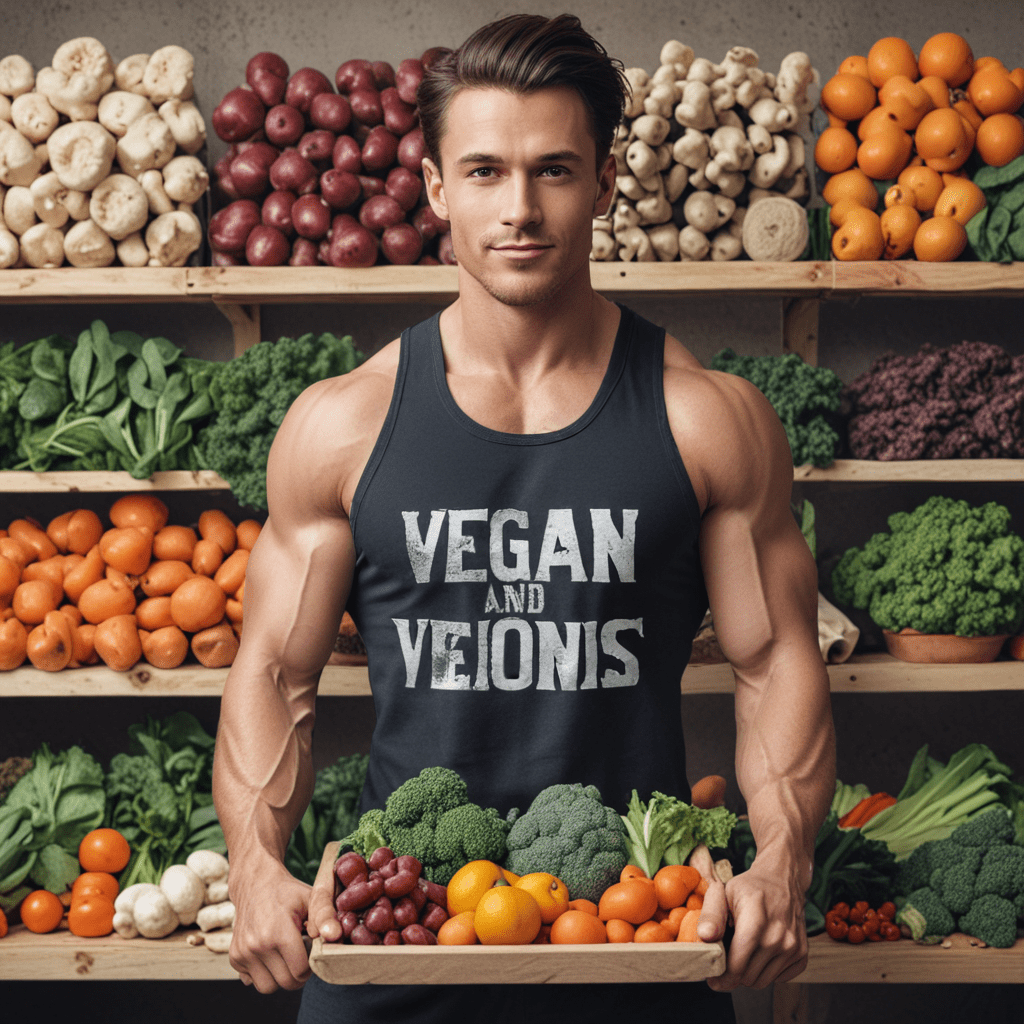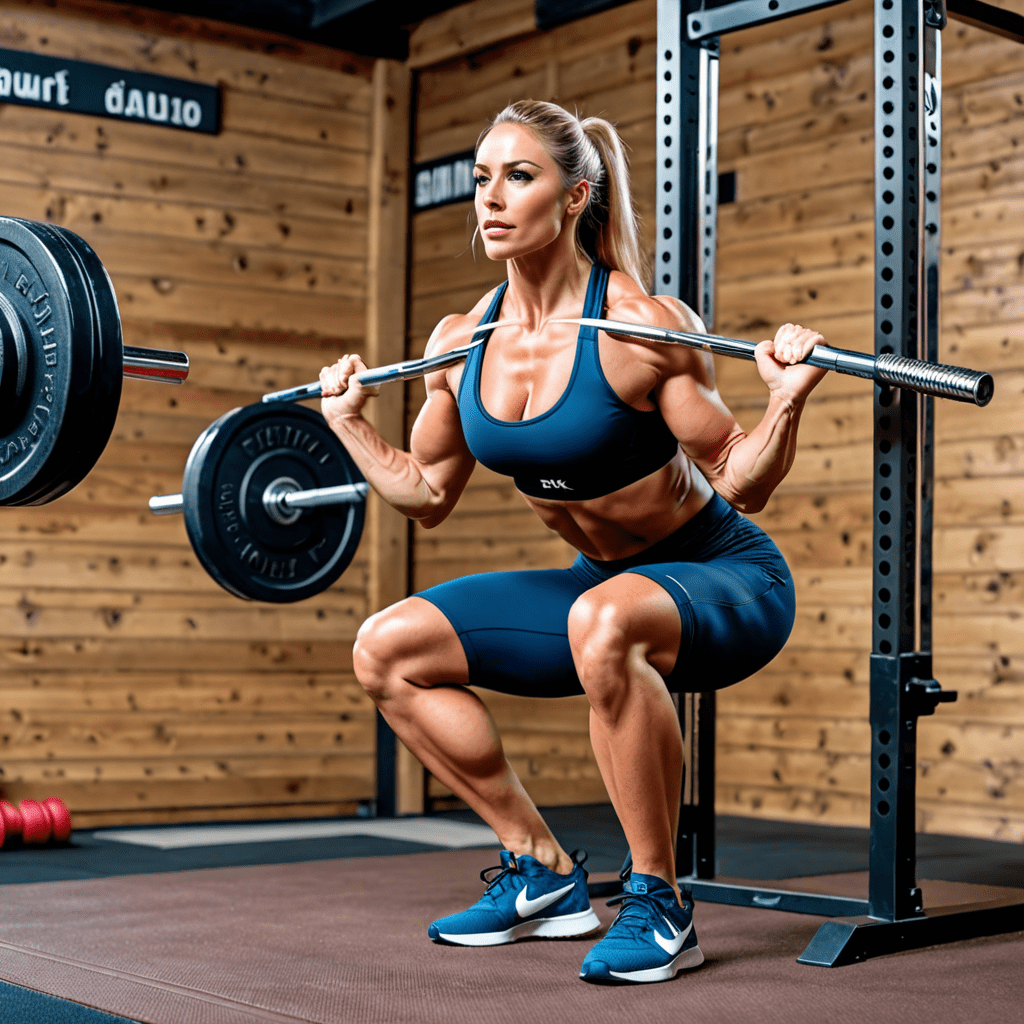
Introduction
Maintaining robust bone health is paramount throughout life, especially for vegans who may face unique nutritional considerations. This comprehensive guide delves into the crucial nutrients for bone health, exploring how vegans can obtain them from plant-based sources. We will discuss strategies for building and maintaining strong bones on a vegan diet, emphasizing nutrient-rich foods and addressing potential pitfalls. By understanding these principles, vegans can confidently navigate their dietary choices to support optimal bone health.
Nutrient Needs for Bone Health
Bones require a symphony of nutrients to thrive, including:
- Calcium: The most abundant mineral in bones, essential for their structure and strength.
- Vitamin D: Facilitates calcium absorption, promoting bone mineralization and preventing rickets and osteoporosis.
- Protein: Essential for bone formation, providing the amino acids needed for collagen synthesis.
- Potassium: Regulates calcium metabolism, helping to maintain bone density.
- Magnesium: Supports bone crystal formation and enzymatic reactions involved in bone health.
- Vitamin C: Essential for collagen synthesis, the structural protein that gives bones their flexibility.
- Vitamin K: Involved in bone mineralization and preventing fractures.
6. Plant-Based Sources of Bone-Building Nutrients
Vegans can readily obtain bone-building nutrients from plant-based sources. For calcium, fortified plant milks (such as almond, soy, and oat milk), leafy green vegetables (e.g., kale, spinach, collard greens), and fortified tofu are excellent options. Vitamin D can be obtained through exposure to sunlight and fortified foods like vegan milks and cereals. Plant-based proteins such as legumes (beans, lentils, chickpeas), tofu, tempeh, and nuts contribute to bone health. Potassium is abundant in fruits and vegetables, while magnesium is found in leafy greens, nuts, and whole grains. Vitamin C-rich fruits like citrus fruits and berries, and vitamin K-rich leafy greens support bone health as well.
7. Vegan Foods That Weaken Bones
Certain vegan foods can hinder bone health. Oxalates, found in spinach, rhubarb, and beets, can bind to calcium and reduce its absorption. Phytates, present in legumes, nuts, and seeds, can also interfere with calcium absorption. However, these foods offer numerous other health benefits and can be consumed in moderation with strategies to enhance calcium absorption, such as consuming them alongside vitamin C-rich foods or soaking and sprouting legumes to reduce phytate content.
8. Strategies for Building Strong Bones on a Vegan Diet
To optimize bone health on a vegan diet, consider the following strategies:
- Ensure adequate calcium intake: Aim for 1,000-1,200 mg per day through fortified foods and leafy green vegetables.
- Maximize vitamin D levels: Expose yourself to sunlight regularly and consume fortified foods. Consider supplementation if necessary.
- Choose protein-rich plant foods: Include legumes, tofu, tempeh, and nuts in your daily meals.
- Incorporate potassium and magnesium-rich foods: Fruits, vegetables, and whole grains provide these essential minerals.
- Limit oxalate- and phytate-containing foods: Consume them in moderation or use strategies to enhance calcium absorption.
9. Monitoring and Assessment
Regular bone density scans can assess bone health. Your healthcare provider can recommend the appropriate frequency for scans based on your age, lifestyle, and individual risk factors.
10. Conclusion: A Healthy Vegan Diet Supports Bone Health
By following a balanced vegan diet rich in calcium, vitamin D, protein, and other essential nutrients, vegans can maintain strong and healthy bones. Paying attention to potential bone-weakening foods and implementing strategies to enhance nutrient absorption ensures optimal bone health on a vegan lifestyle. Remember to consult with a healthcare professional or registered dietitian for personalized guidance and monitoring.
FAQ
Q: Can vegans get enough calcium on a plant-based diet?
A: Yes, vegans can obtain adequate calcium through fortified foods, leafy green vegetables, and calcium supplements if necessary.
Q: How can vegans increase their vitamin D intake?
A: Exposure to sunlight and fortified foods are the primary sources of vitamin D for vegans. Supplementation may be considered during limited sun exposure.
Q: Is a vegan diet harmful to bone health?
A: No, a well-planned vegan diet that provides adequate nutrients, including calcium, vitamin D, and protein, supports bone health.
Q: What foods should vegans avoid to protect bone health?
A: Foods high in oxalates (e.g., spinach, rhubarb) and phytates (e.g., legumes) should be consumed in moderation as they can interfere with calcium absorption.
Q: How often should vegans get bone density scans?
A: The frequency of bone density scans is individualized and should be discussed with a healthcare provider based on age, lifestyle, and risk factors.
